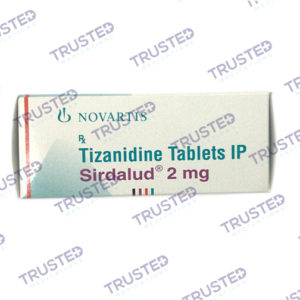
Vaginal infection symptoms and causes often lead to irritation. A vaginal infection is a fungal infection that causes irritation, discharge, and intense itchiness of the vagina and the vulva. Along with discomfort, you may notice a smell that’s different than usual. Seek medical help to get the proper treatment before things get worst.
The Symptoms of Vaginal Infection
- Itching and irritation in the vagina and vulva
- A burning sensation, especially during intercourse or while urinating
- Redness and swelling of the vulva or vaginal rash
- Vaginal pain and soreness
- Watery vaginal discharge
- Thick, white, odor-free vaginal discharge with a cottage cheese appearance

Types and Causes of Vaginal Infection
- Candida or yeast infection. It causes an overgrowth of the fungus candida, which is normally found in small amounts in the vagina.
- Chlamydia. It is the most common sexually transmitted infection in women that typically happened in women having multiple sex partners.
- Gonorrhea. It is another common infection spread through sex. Gonorhea often comes along with chlamydia.
- Trichomoniasis. This infection spreads through sex that’s caused by a parasite. It raises your risk for other sexually transmitted infections.
- Bacterial vaginosis. It is an inflammation of the vagina due to an overgrowth of bacteria. Bacterial vaginosis typically causes a strong fishy odor.
- Viral vaginitis. It is inflammation caused by a virus that spread through sex. Sores or warts on the genitals can be painful.
The Risk Factors of Vaginal Infection
- Antibiotic use. Yeast infections are common in women who take antibiotics. In addition to killing bacteria, broad-spectrum antibiotics kill healthy bacteria in your vagina, leading to an overgrowth of yeast.
- Increased estrogen levels. Women who take high doses of estrogen birth control pills or hormone therapy are more likely to develop yeast infections.
- Uncontrolled diabetes. Diabetes patients with poorly controlled blood sugar are more likely to develop yeast infections than diabetes patients with well-controlled blood sugar.
- Impaired immune system. Women with lowered immunity are more likely to get yeast infections.
Azithromycin as Treatment for Vaginal Infection
Azithromycin is used to treat a wide variety of bacterial infections. It cures an infection of upper and lower respiratory tract infections. It can also treat genital and soft tissue infections. Azithromycin works by preventing the bacteria from producing essential proteins. In this process, the bacteria can no longer grow and repair themselves.
Typical Treatment for Vaginal Infection
- Long-course vaginal therapy. An antifungal medication might be prescribed by your doctor, taken daily for two weeks, then once a week for six months.
- Multidose oral medication. Antifungal medication can be taken by mouth instead of vaginal therapy for two or three doses of your doctor’s prescription. However, this therapy isn’t recommended for pregnant women.
- Azole resistant therapy. Your doctor might recommend boric acid, a capsule inserted into your vagina. The drug is only used for the treatment of Candida fungus that is resistant to the usual antifungal drugs. Oral intake may be fatal.









